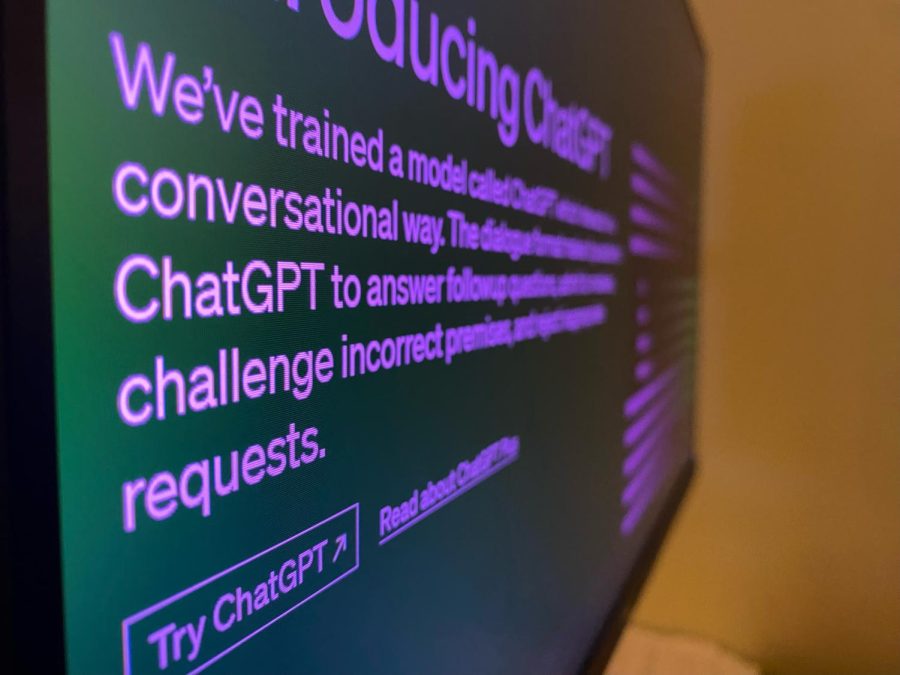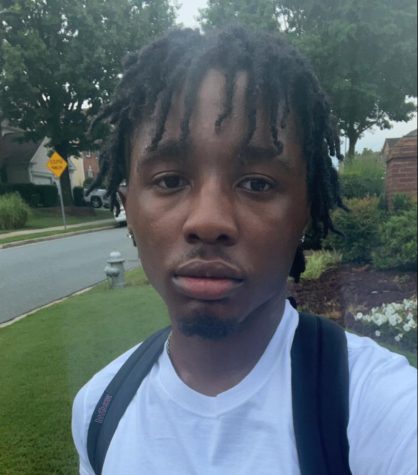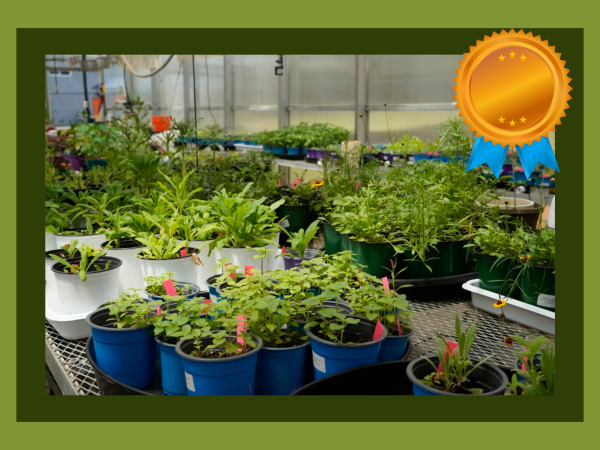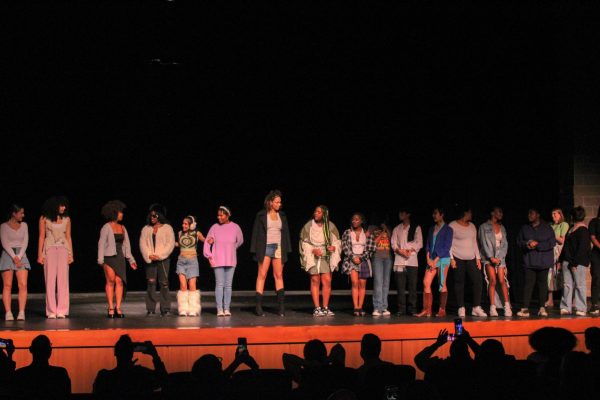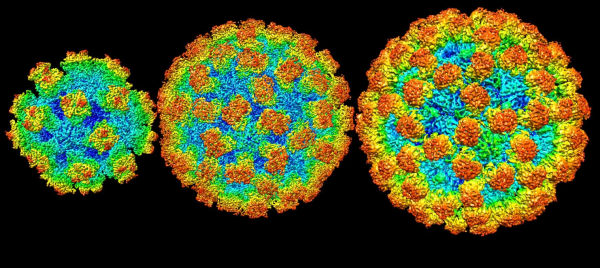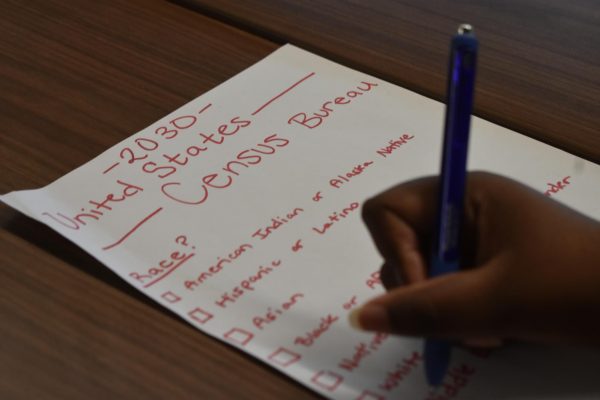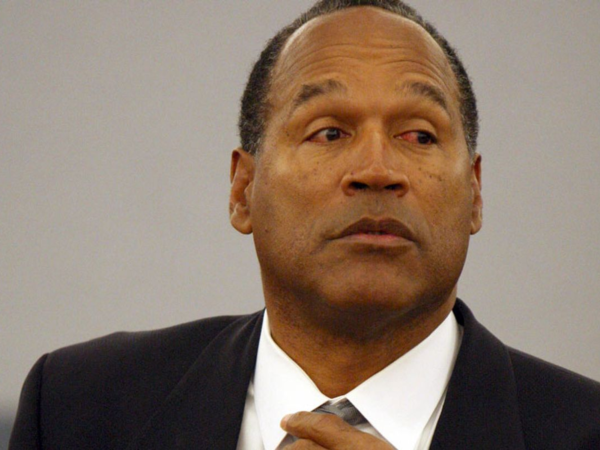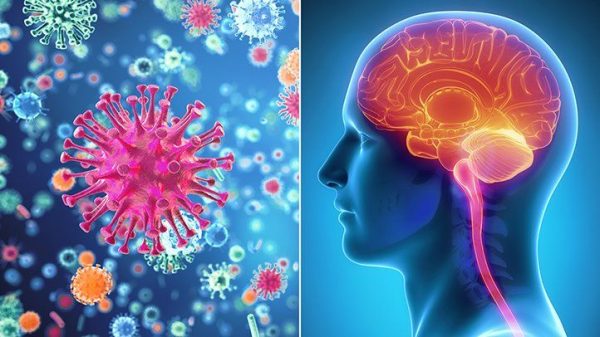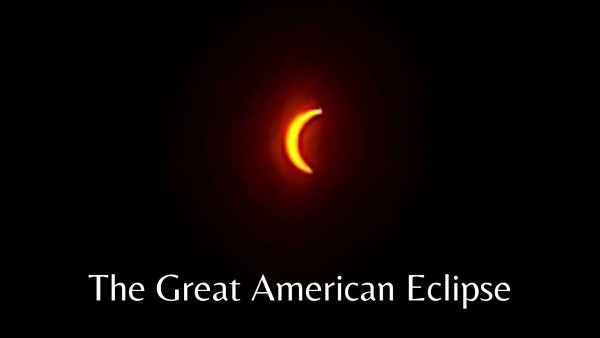AI Dismissal
Recently, the use of artificial intelligence has gained popularity amongst many people, especially the youth. Geoffrey Hinton, the Canadian-British psychologist, has left Google due to the dangers of A.I. He warns people across the globe about the various consequences and risks of using A.I.
May 12, 2023
In the past decade, people’s lives have shifted with the help of intelligence process machines. The growing evolutionary machines might contain underlying threats that the world does not see at the moment. Geoffrey Hinton, one of the creators of artificial intelligence, has held profound knowledge of artificial intelligence for the past 45 years. For the past decade, Hinton has worked part-time at Google at the headquarters in several different locations. He recently parted ways with Google and has also warned people about the threat of AI.
Hinton told the New York Times that he regrets some of the work he has done over the years. He cited the near-term risks of AI taking jobs, and the proliferation of fake photos, videos and text that appear real to the average person. Hinton mentioned the power of GPT-4, the most-advanced large language model, or LLM, from startup OpenAI, whose technology has gained popularity since the chatbot ChatGPT launched late last year.
“If I have 1,000 digital agents who are all exact clones with identical weights, whenever one agent learns how to do something, all of them immediately know it because they share weights. Biological agents cannot do this. So collections of identical digital agents can acquire hugely more knowledge than any individual biological agent. That is why GPT-4 knows hugely more than any one person,” Hinton said.
Even prior to Hinton leaving, he warned people about possible AI threats. Google CEO Sundar Pichai has publicly warned of the risks of AI as well. He told “60 Minutes” last month in March that society does not know the future of AI. Over the past year, Hinton distanced himself from Google. In March 2022, he decreased the time he worked there. Google Brain also finds themselves suffering from Hinton’s withdrawal. At one point, Google spent 444 million to acquire a company started by Hinton in 2012. His research group made leaps through deep learning which accelerated speech recognition and object classification. Their technology helped form new ways of using AI, including ChatGPT and Bard.
“In the most recent months, I’ve seen people receive zeros on their assignments because they used AI to write their papers. I think AI is very convenient but it will soon get people in a lot of trouble. They should look through the consequences before using AI and only use it when absolutely necessary,” junior Nyla Bryant said.
Though Google does not prefer Hinton’s choice, Hinton will now raise awareness about the dangers of AI without it intervening with the company. If the originator of AI believes that faults exist, then the world should deeply consider its effects.




